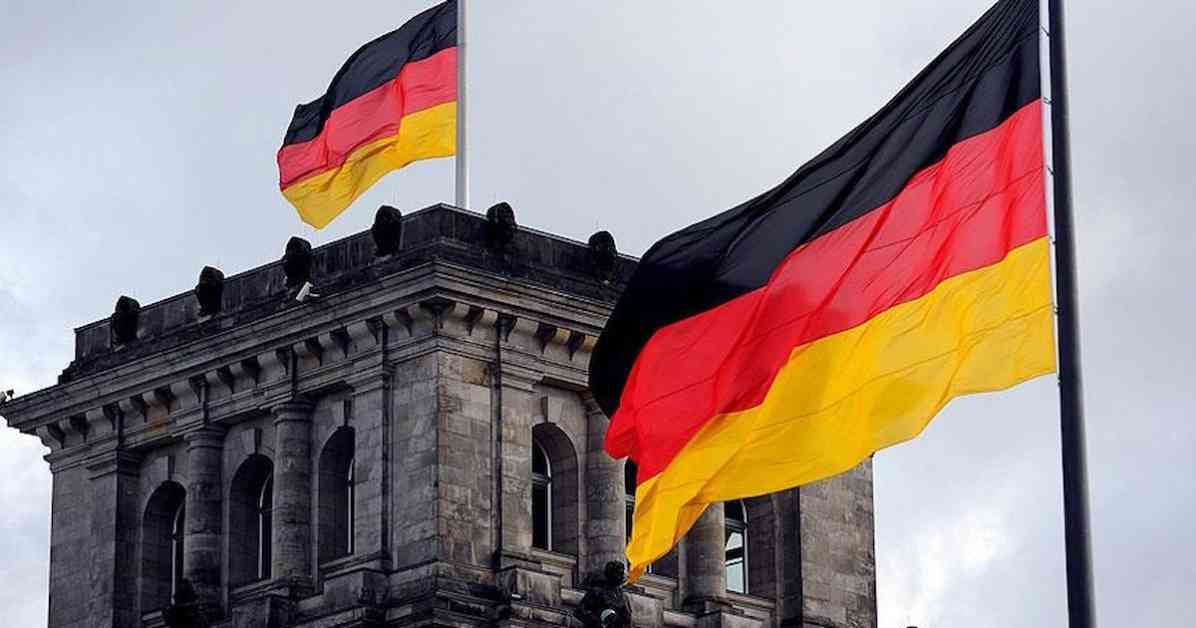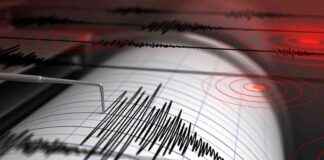Germany Election Dates Announced Amid Government Collapse
The political landscape in Germany has been thrown into turmoil as the government collapsed, leading to calls for early elections. The Social Democrats, Greens, and Conservatives have proposed February 23 as the new election date, marking a significant moment in the country’s political history.
The announcement of the new election date was first reported by the Rheinische Post newspaper, citing anonymous sources. This development has sent shockwaves through the German political establishment, with many speculating on the potential outcomes of the upcoming election.
Olaf Scholz, the Finance Minister in the coalition government, made the decision to dismiss his colleague on November 6. This move prompted the Liberals to withdraw from the coalition, ultimately leading to the collapse of the government. The subsequent call for early elections has set the stage for a fierce political battle in the months to come.
Impact of the Government Collapse
The collapse of the German government has raised concerns about the stability of the country’s political system. With the upcoming elections looming, there is a sense of uncertainty and unease among the populace. The sudden dissolution of the coalition government has left many wondering about the future direction of the country.
The decision to hold early elections has been met with mixed reactions from the public. While some see it as an opportunity for change and renewal, others are wary of the potential chaos and instability that could result. The coming months will be crucial in determining the fate of Germany’s political landscape.
Political Parties and Election Strategies
As the election date draws near, political parties are gearing up for what promises to be a fiercely contested campaign. The Social Democrats, Greens, and Conservatives have already begun outlining their election strategies and priorities.
The Social Democrats, led by Olaf Scholz, are emphasizing their track record of economic stability and social welfare. They are hoping to capitalize on their experience in government to appeal to voters looking for a steady hand in uncertain times.
The Greens, on the other hand, are focusing on their environmental policies and commitment to sustainability. With climate change becoming an increasingly urgent issue, they are positioning themselves as the party of the future, advocating for bold and ambitious action on environmental issues.
The Conservatives, led by Armin Laschet, are touting their experience and leadership qualities as key selling points. They are presenting themselves as the party of tradition and stability, aiming to appeal to voters looking for a return to more conservative values.
Challenges and Opportunities
The upcoming elections present both challenges and opportunities for the various political parties. The collapse of the government has created a sense of uncertainty and upheaval, but it has also opened up new possibilities for change and reform.
One of the key challenges facing the parties is the rise of the far-right Alternative for Germany (AfD) party. With the political landscape in flux, there is a real possibility that the AfD could gain ground in the upcoming elections, posing a significant threat to the established parties.
At the same time, the collapse of the government has created an opportunity for fresh ideas and new leadership to emerge. The upcoming elections will be a test of the parties’ ability to adapt to changing circumstances and connect with voters in a meaningful way.
In conclusion, the announcement of the new election date in Germany has set the stage for a dramatic and uncertain period in the country’s political history. The coming months will be crucial in determining the future direction of the country and the fate of its political parties. As the various parties gear up for what promises to be a fiercely contested campaign, the stakes could not be higher.





















